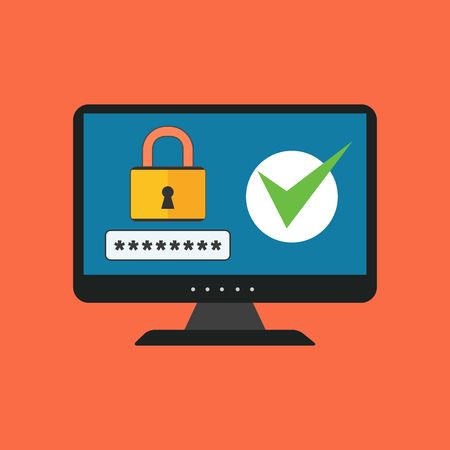
This third week of October The Office of Information Technology Services is proud to partner with CISA and The National Cybersecurity Alliance (NCSA) to promote the overarching theme of Cybersecurity Awareness Month “Do Your Part. #BeCyberSmart.”
The theme for this week is Explore, Experience, Share; even though this week focuses on careers in cybersecurity it does not mean that you have to be a cybersecurity professional or someone who has an interest in a cybersecurity career to do your part in staying safe online. As campus community members it is everyone’s responsibility to be aware and implement the necessary safeguards whether at home or on campus to stay safe online.
Join CISA and the National Initiative for Cybersecurity Education (NICE) this week to celebrate Cybersecurity Career Awareness Week. Cybersecurity professionals play a vital role in global society and security to mitigate the risks of cyberattacks. This week we will showcase their contributions and innovations and as no security professionals we can also follow in the principles of cybersecurity professionals:
Enable multi-factor authentication (MFA) for all accounts and devices to ensure
Double your login protection.
that the only person who has access to your account is you. Use it for email, banking, social media, and any other service that requires logging in. If MFA is an option, enable it by using a trusted mobile device, such as your smartphone, an authenticator app.Shake it up
According to National Institute of Standards and Technology (NIST) guidance, you should consider using the longest password or passphrase permissible. Get creative and customize your standard password for different sites, which can prevent cyber criminals from gaining access to these accounts and protect you in the event of a breach. Use password managers to generate and remember different, complex passwords for each of your accounts.Connect & Protect
Whether it’s your computer, smartphone, game device, or other network devices, the best defense against viruses and malware is to update to the latest security software, web browser, and operating systems. Sign up for automatic updates, if you can, and protect your devices with anti-virus software.Play hard to get
Cyber criminals use phishing tactics, hoping to fool their victims. If you’re unsure who an email is from—even if the details appear accurate— or if the email looks ‘phishy,’ do not respond and do not click on any links or attachments found in that email. When available use the “report phish” or “report” option to help your organization or email provider block other suspicious emails before then arrive in your inbox.Never click and tell
Limit what information you post on social media—from personal addresses to where you like to grab coffee. What many people don’t realize is that these seemingly random details are all criminals need to know to target you, your loved ones, and your physical belongings—online and in the real world. Keep Social Security numbers, account numbers, and passwords private, as well as specific information about yourself, such as your full name, address, birthday, and even vacation plans. Disable location services that allow anyone to see where you are – and where you aren’t – at any given time.Know your apps
Most connected appliances, toys and devices are supported by a mobile application. Your mobile device could be filled with suspicious apps running in the background or using default permissions you never realized you approved—gathering your personal information without your knowledge while also putting your identity and privacy at risk. Check your app permissions and use the “rule of least privilege” to delete what you don’t need or no longer use. Learn to just say “no” to privilege requests that don’t make sense. Only download apps from trusted vendors and sources.Stay protected
Before you connect to any public wireless hotspot – like at an airport, hotel, or café – be sure to confirm the name of the network and exact login procedures with appropriate staff to ensure that the network is legitimate. If you do use an unsecured public access point, practice good internet hygiene by avoiding sensitive activities (e.g., banking) that require passwords or credit cards. Your personal hotspot is often a safer alternative to free Wi-Fi. Only use sites that begin with “https://” when online shopping or banking

